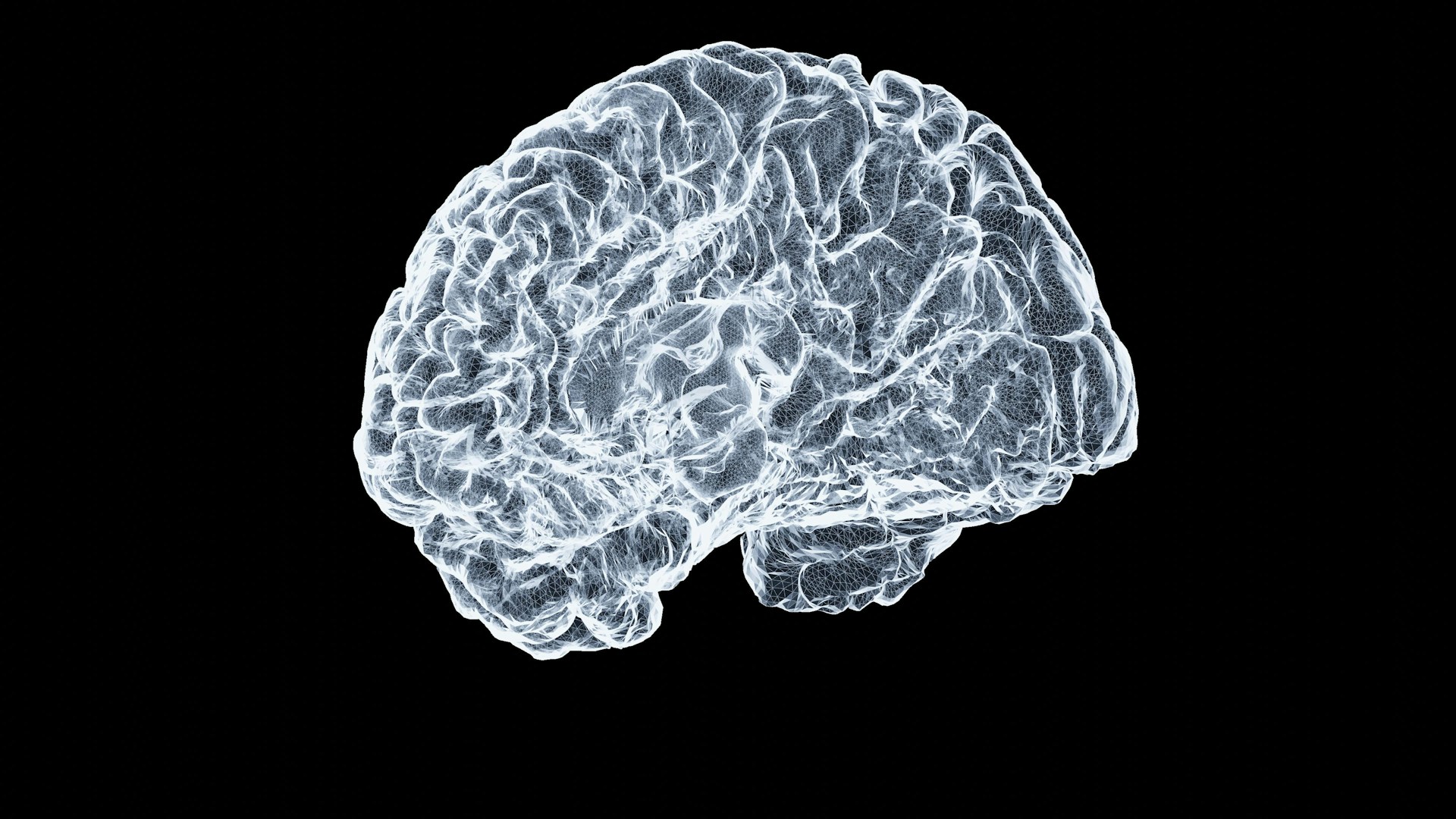Levels of Brain Injury
Levels of Brain Injury

In initially classifying brain injuries, doctors use the Glasgow Coma Scale (GCS) as a rough approximation of how serious the brain injury is. The GCS is a clinical scale measures a brain-injured patient’s level of consciousness.
In the assessment, the GCS determines the patient’s injury based on their ability to speak, move their body and perform eye movements. These behaviors are the three basic elements of the scale: motor, verbal, and eye.
Mild Traumatic Brain Injury (Having a Glasgow Coma Score of 13-15)In such cases, there is a brief loss of consciousness lasting a few seconds or minutes.
The person can be confused or dazed without a loss of consciousness.
Brain testing, including scans, is usually normal, and the condition is only diagnosed when the patient exhibits a change in mental status when the injury occurs.
This change in mental status indicates that the patient has had a concussion and the brain’s function has been altered.
Moderate Traumatic Brain Injury (With a Glasgow Coma Scale score of 9-12)This makes up the majority of head injuries.
They result from a blow to the head that is non-penetrating or from a violent shaking of the head.
Many individuals sustain such head injuries and have few negative consequences, but there are lifelong disabilities and impairments for others. Signs and symptoms of a moderate brain injury include a loss of consciousness, which lasts from a few minutes to a couple of hours.
There is the confusion that can last from days to many weeks.
The physical, behavioral, and cognitive impairments last for several months or can be permanent.
These people tend to improve with rehabilitation and can learn to compensate for their deficits.
Severe Brain Injury (With a Glasgow Coma Scale score of less than 9)Severe brain injuries usually happen when there is a crushing blow or penetrating trauma to the head.
These injuries rip, shear, and crush delicate brain tissue.
These injuries are life-threatening and extremely intractable types of injuries.
A severe head injury requires heroic measures to save the patient’s life. Many of these injuries are open head injuries that require prolonged time in the hospital and rehabilitation for many months. There is usually no complete recovery.